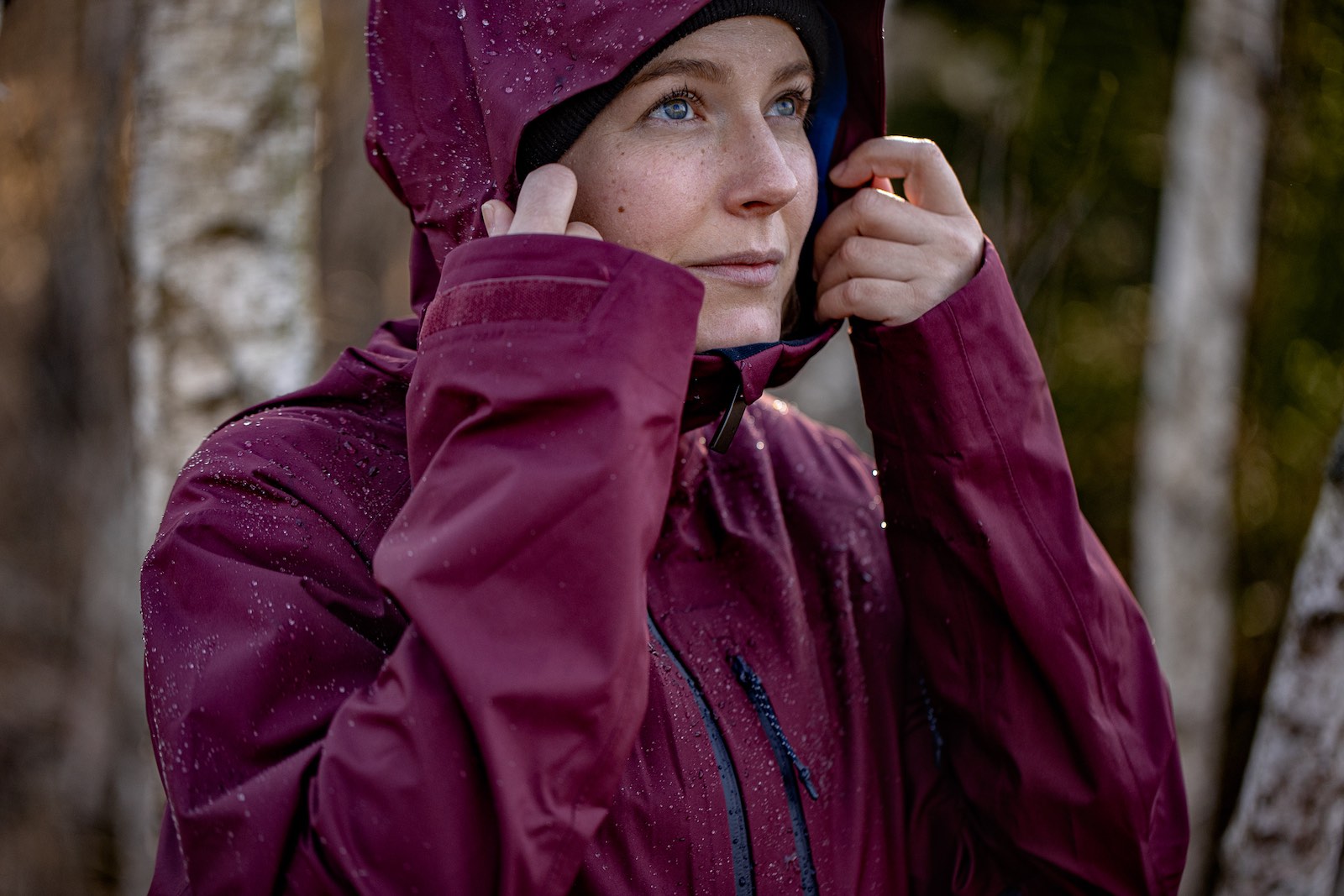Eco-Design is driven by the EU Textile Strategy, as part of the EU Green Deal, Sympatex is helping to lead a fundamental shift in materials production in the outdoor industry. Sympatex believes that Eco-design is the foundation of a strategy that aims to make textiles more durable, repairable and usable in hopes to prepare a circular future.
Meet Kim Scholze personally at ISPO Munich 2022
What: GRV Guided Transparency Tour
When: Tuesday, November 29th, 2022 – 11am
Where: GRV Showcase/ Sustainability Hub- Future Lab Hall B2
Thoughtful use of design strategies to develop minimalist products from polyester-based mono-material helps Sympatex brand partners head in the right direction. This new design focus translates, not only to environmental footprint reduction, but also consumer savings. Innovative eco-design makes clothing last longer, cheaper to repair, and is increasingly energy and resource efficient.
“Durability will become our license to operate, while Design4recycleability will be the Game Changer!” Dr. Rüdiger Fox, CEO at Sympatex
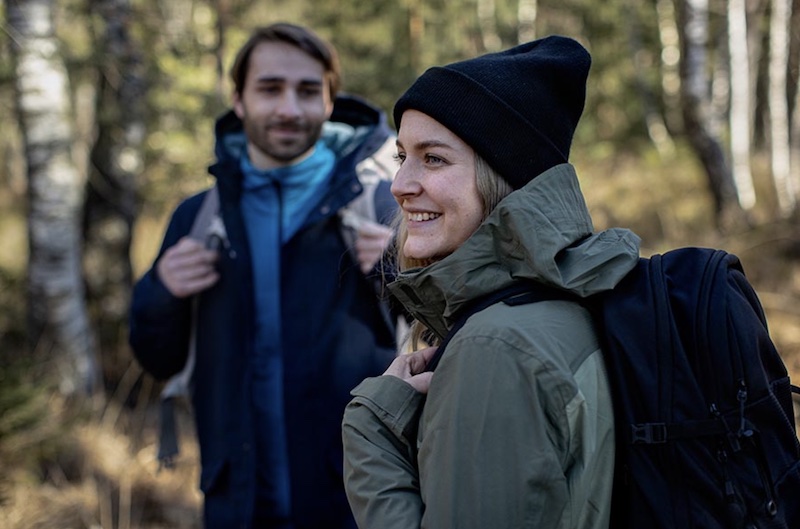
The EU Textile Strategy communicated through the EU 2022 “Spring Package”, announces firm measures against fast fashion and sets goals for a circular textile industry by 2030. To meet 2030 targets will require large scale strategy and action in the textile industry equating to major impact reduction prioritizing recyclability and circular economy thinking. Digital Product passports, soon to be an industry norm, will foster transparency for informed consumer choices, repairability scores, and supply chain information are all steps towards informed consumption.
Compliance will no longer be optional, as the EU Textile Strategy regulations will soon oblige information sharing and transparency as well as ban destructive production practices.
Sympatex encourages companies to join them in the journey to meet these standards with open arms and innovation through 7 Eco-Design principles
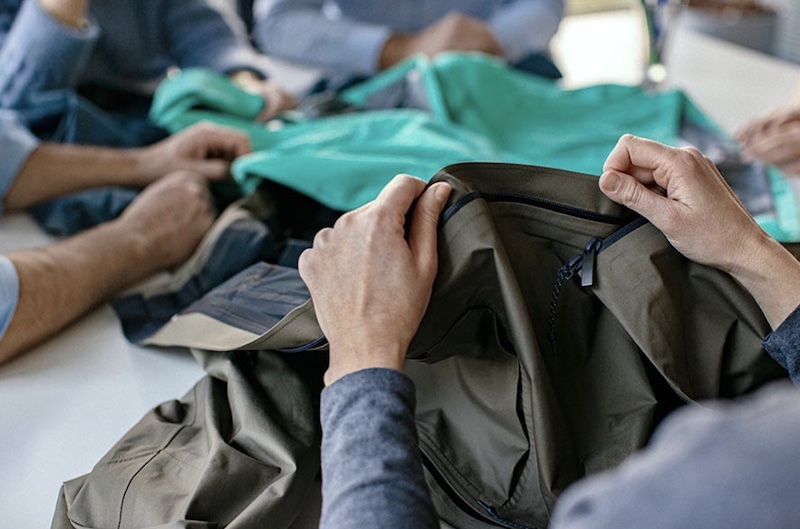
• Use PES-based material
PES boasts reuse properties = Recycling. 80% of synthetic textiles are polyester based.
• Use PES-based mono material
Make separation processes unnecessary and recycling cost-effective.
• Use mono material for trims too
Mono material trims help minimizing the requirements for separation technologies.
• Avoid harmful chemicals
Keep your textiles and clothing contaminant-free! Only non-toxic textiles can be recycled ecologically and economically.
• Use reasonable design
Using design that is well-thought in terms of reparability, modularity and recyclability.
• Sustainability instead of superfluous high-performance
Simple = cost effective as well as recyclable.
• Give it a try!
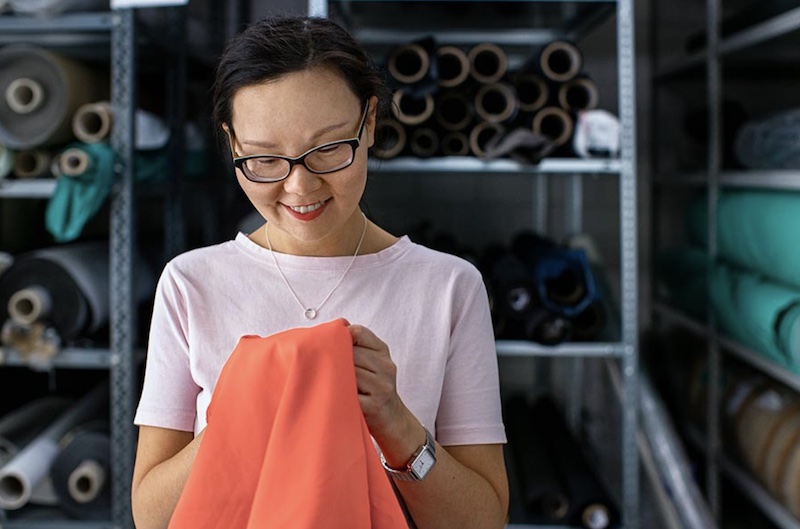
There is no denying the fact that water scarcity is fast becoming one of the greatest environmental challenges to face. The textile industry is one of the economic sectors with the greatest impact on water consumption and water quality worldwide.
According to estimates, the textile and clothing industry consumed 79 billion cubic metres of water worldwide in 2015. By 2030, consumption is expected to increase by 50%. (Global Fashion Agenda & The Boston Consulting Group, Pulse of the Fashion Industry, 2017).
The textile industry is already deep into this journey to both understand and minimize their water consumption throughout production processes. Various movements such as Bluesign and the ZDHC (Roadmap to Zero), as well as Greenpeace’s Detox campaign, have shed light on the dirty waste water behind textile factories. The Microfiber Consortium (TMC) and other initiatives have been dedicated to textile fibre pollution for some time. But the more information that becomes known, the more challenging the solutions seem to be.
As a producer of sustainable functional textiles Sympatex utilizes environmental data from membranes and textiles to use water-saving dyeing processes. Through cutting edge initiatives, driven by modern scientific studies, Sympatex strives to modify their textile production in such a way that it leaves as little trace as possible.
For the first time in 2017, Sympatex calculated the water consumption for its entire product portfolio. Using emission values in databases, it quickly became apparent that the Sympatex membrane already achieves very low water consumption compared to other membrane materials and that the synthetic fibres used also require far less water in their production than cellulose fibres such as classic cotton.
In addition to the types of material used, there are also a number of ways in which the production and finishing of textile surfaces can be improved in order to achieve major water savings. Sympatex is pursuing various approaches in this regard, such as the use of spun-dyed and undyed textiles and the use of recycled materials.
Sympatex will also be launching undyed laminates on the market from November 2022. This will save an average of 19% water compared to conventionally dyed materials. The spinneret-dyed textiles also achieve similarly good savings potential.
The use of recycled materials allows savings of up to 17%.
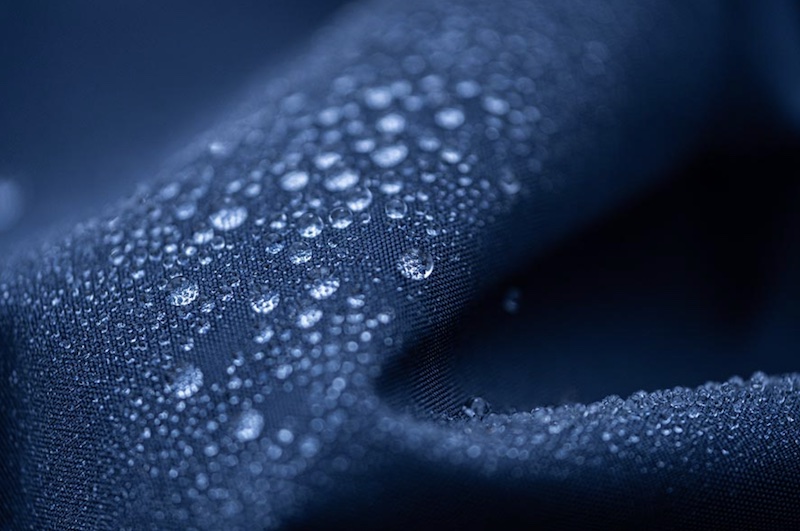
Water can also be saved by using recycled laminates made from a single raw material. The lamination of our Sympatex® polyester membrane with recycled polyester outer and lining materials results in mono-material laminates. This has two advantages. First, the laminates can be returned to the closed textile loop at the end of their product life cycle without any problems. Secondly, recycled polyester requires much less water during production than new, crude oil-based polyester fibres. In fact, when you compare the production of 1kg of recycled fibres with 1kg of mineral oil-based polyester fibres, the water saving of approx. 90 percent is very impressive – instead of 60 litres of water for 1kg of fibres, you only need around 3 litres.
Share your experience and meet pioneers. You can connect with these exhibitors personally:
November 28th, 11 am: 2nd Peak, Bergans, Bluesign, earlybird Skies, GIZ (Partnership for Sustainable Textiles), lavalan, Südwolle Group
November 29th, 11 am: Bluesign, Iteratif, Mounatin Equipment, myclimate, Sympatex, Textile Exchange, The Outdoor Institute
November 30th, 11 am: Bluesign, Icebug, Globetrotter, GORE-TEX, Patagonia, Re:Down, VAUDE

